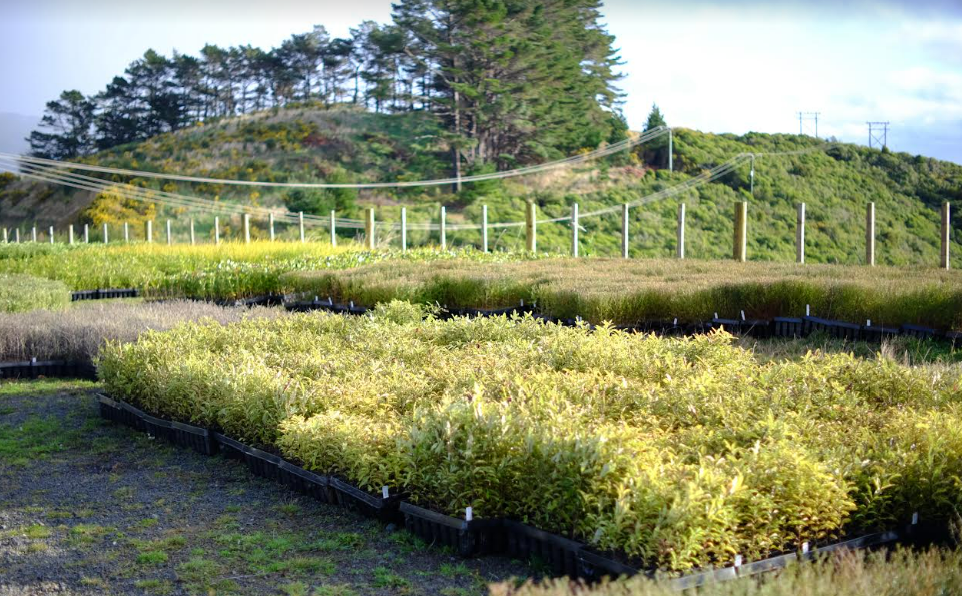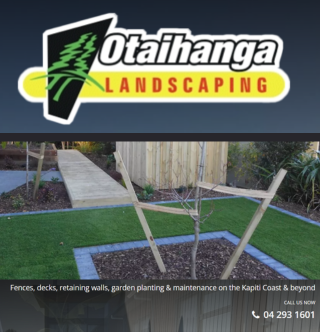
Eco-sourced seeds from Greater Wellington’s regional parks, cultivated at Rimutaka Prison, are being planted across the region in a major effort to restore native ecosystems. The Recloaking Papatūānuku project, one of the largest native planting initiatives in New Zealand, aims to reforest land once used for grazing. Established in 2022, the project envisions returning vibrant native forests to areas now lacking biodiversity.
David Boone, Greater Wellington’s Ecosystems and Community Manager, says over 130,000 plants have been provided by the prison nursery this year alone. “The plants we receive are always of high quality and volume,” says Boone. “They are vital for restoring ecosystems in areas like Belmont and Queen Elizabeth parks.”
Among the species grown is Carex raotest, a unique hybrid yet to be officially identified. These seeds, eco-sourced from Kāpiti’s Queen Elizabeth Park, are planted back in the land with the help of community groups, including those serving community work sentences.
Boone highlights the importance of eco-sourcing, noting it preserves genetic diversity and enhances ecosystem recovery. The collaboration with Rimutaka Prison also offers prisoners vocational training, increasing employment opportunities upon release and reducing reoffending rates. Wayne Turner, Principal Instructor at the nursery, expresses pride in the work: “It’s inspiring to see the prisoners’ pride, knowing their efforts contribute to restoring native forests.”
Greater Wellington plans to plant around 320,000 plants this year with the help of volunteers.






























